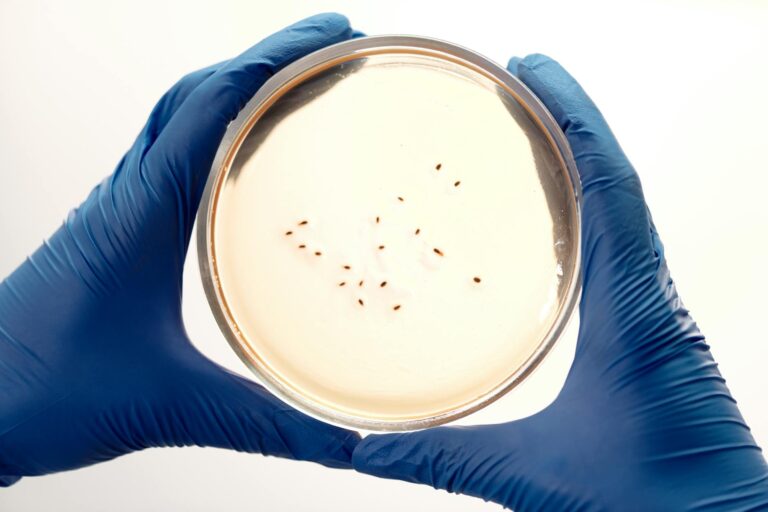As we age, our bodies undergo a number of changes, both visible and invisible. One of the most significant changes that occurs is in our brain. Our brain, like the rest of our body, also ages and it requires specific nutrients to function optimally. However, with age, our brain is often left starved for these vital nutrients, leading to a decline in cognitive function and an increased risk of neurodegenerative diseases.
You may be wondering, what exactly is the brain craving for? The answer lies in essential nutrients such as vitamins, minerals, and fatty acids. These nutrients, in the right amounts, are crucial for maintaining a healthy brain and promoting longevity.
Let’s take a closer look at some of these essential nutrients and how they can benefit your aging brain.
1. Omega-3 Fatty Acids: You may have heard of omega-3 fatty acids as being beneficial for heart health, but did you know they are also crucial for brain health? Our brain is made up of nearly 60% fat, and omega-3 fatty acids play a vital role in maintaining the structure and function of brain cells. These fatty acids are also known to reduce inflammation in the brain, which can contribute to age-related cognitive decline.
2. B Vitamins: The B vitamins, specifically B6, B9 (folic acid), and B12, are essential for maintaining good mental health. They play a key role in the production of neurotransmitters, which are responsible for communication between brain cells. A deficiency in these vitamins has been linked to memory loss, difficulty concentrating, and even depression.
3. Antioxidants: As we age, our brains become more susceptible to oxidative stress, which can damage brain cells and contribute to neurodegenerative diseases such as Alzheimer’s and Parkinson’s. Antioxidants, such as vitamins C and E, help counteract this oxidative stress by neutralizing harmful free radicals and protecting brain cells.
4. Minerals: Minerals such as zinc, magnesium, and iron are also essential for brain health. Zinc, in particular, is involved in the formation of new brain cells and is crucial for memory and learning. Magnesium has been shown to improve cognitive function and protect against age-related memory decline. Iron is necessary for the production of hemoglobin, which carries oxygen to the brain, and a deficiency can lead to fatigue and brain fog.
So, how can you ensure that your aging brain is getting the vital nutrients it needs? The most effective way is through a healthy and balanced diet that includes plenty of fruits, vegetables, whole grains, and healthy fats. Foods that are rich in these essential nutrients include fatty fish (such as salmon and sardines) for omega-3s, leafy greens and legumes for B vitamins, berries and dark chocolate for antioxidants, and nuts and seeds for minerals.
In addition to a healthy diet, regular exercise is also crucial for maintaining a healthy brain as it increases blood flow to the brain and promotes the production of new brain cells. According to a study published in the Journal of Aging and Health, older adults who engaged in regular aerobic exercise showed improved cognitive function and a reduced risk of dementia.
Supplements can also be helpful in providing your aging brain with the necessary nutrients it needs. However, it’s essential to consult with your doctor before starting any new supplement regimen.
In conclusion, our aging brains are desperately starving for essential nutrients that are vital for maintaining cognitive function and promoting longevity. By incorporating a healthy diet, regular exercise, and possibly supplements, we can nourish our brains and help delay age-related cognitive decline. So let’s give our brains the fuel they need to continue functioning at their best. After all, a healthy brain leads to a healthier and happier life.





